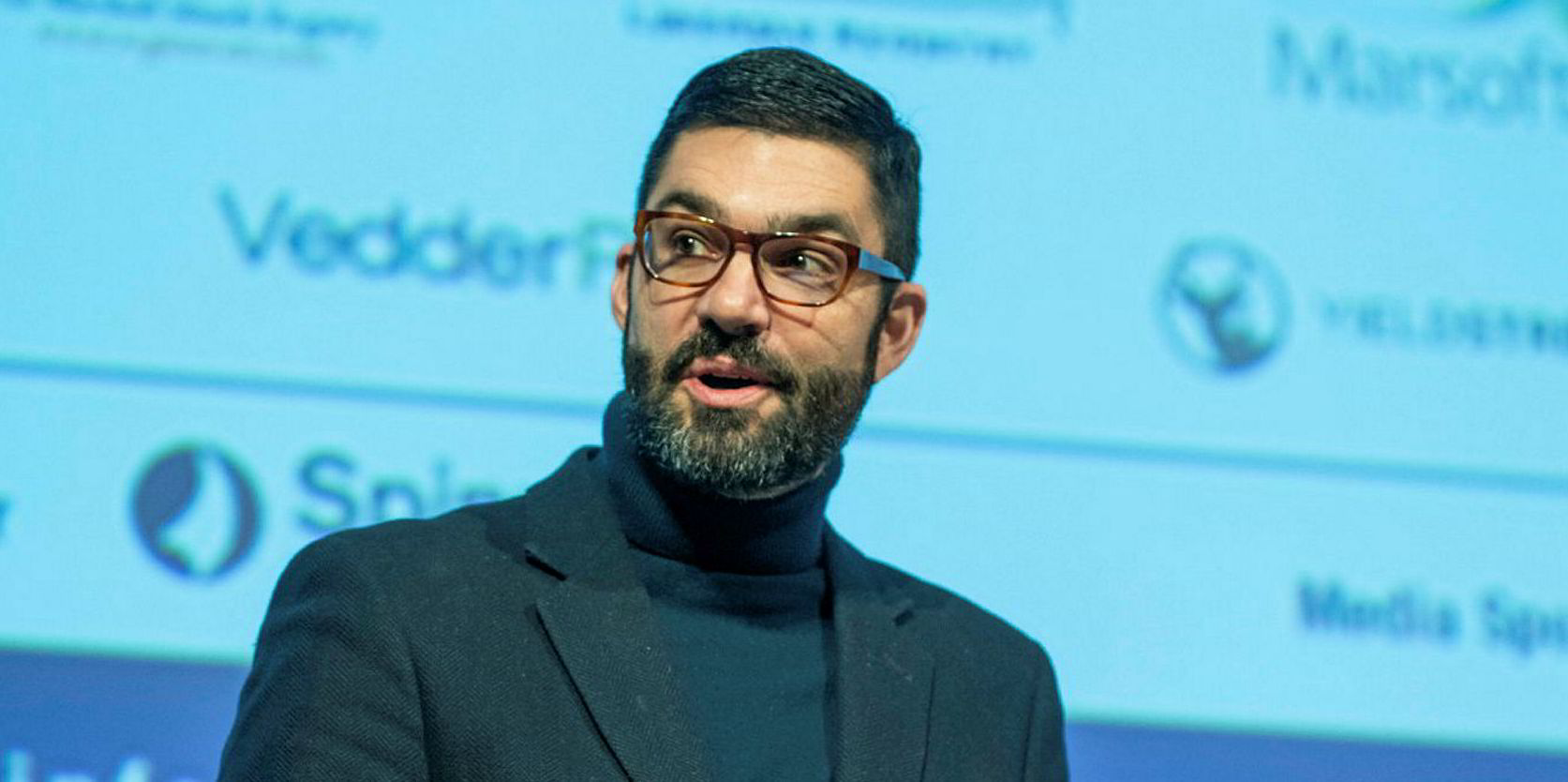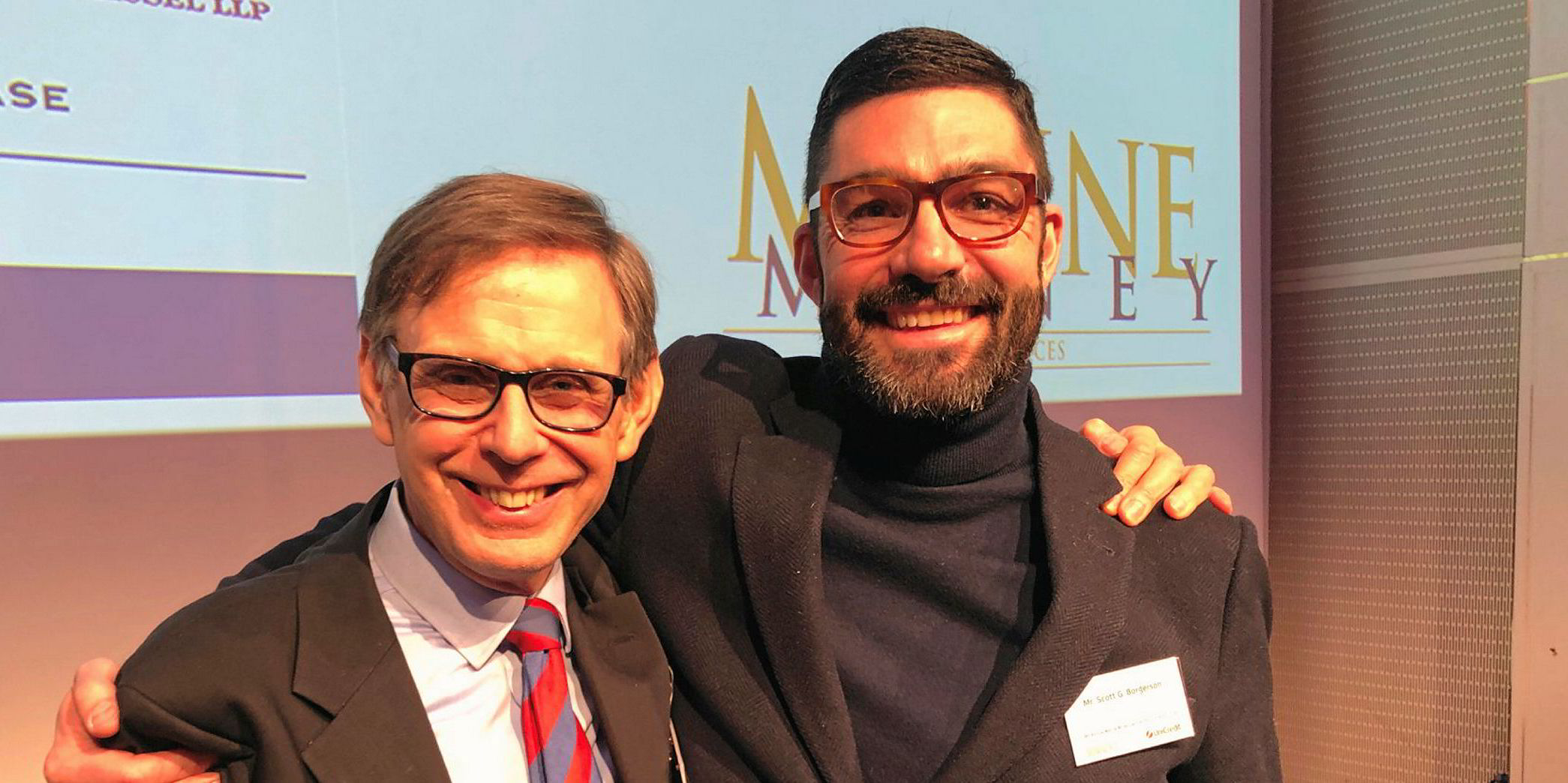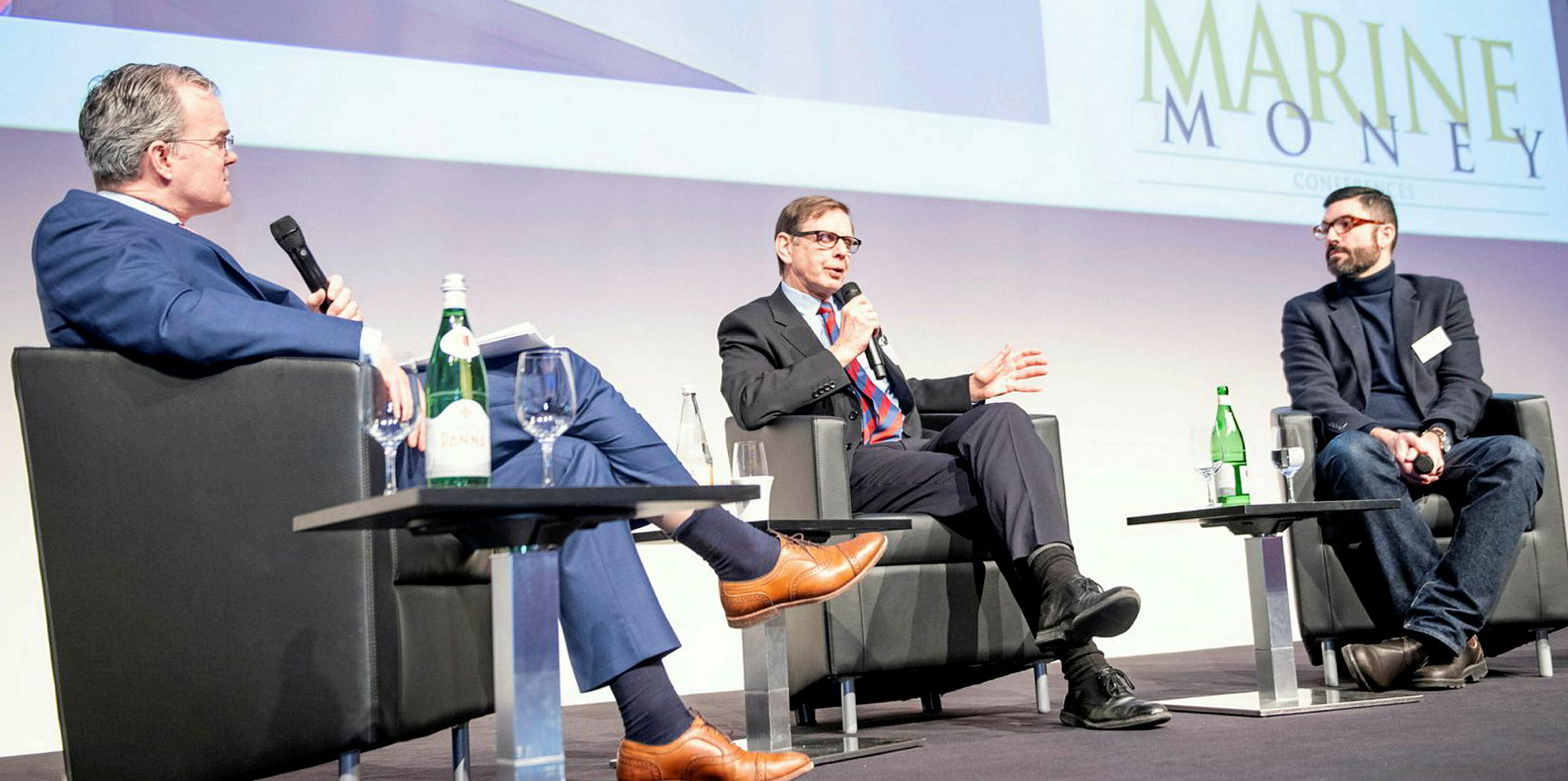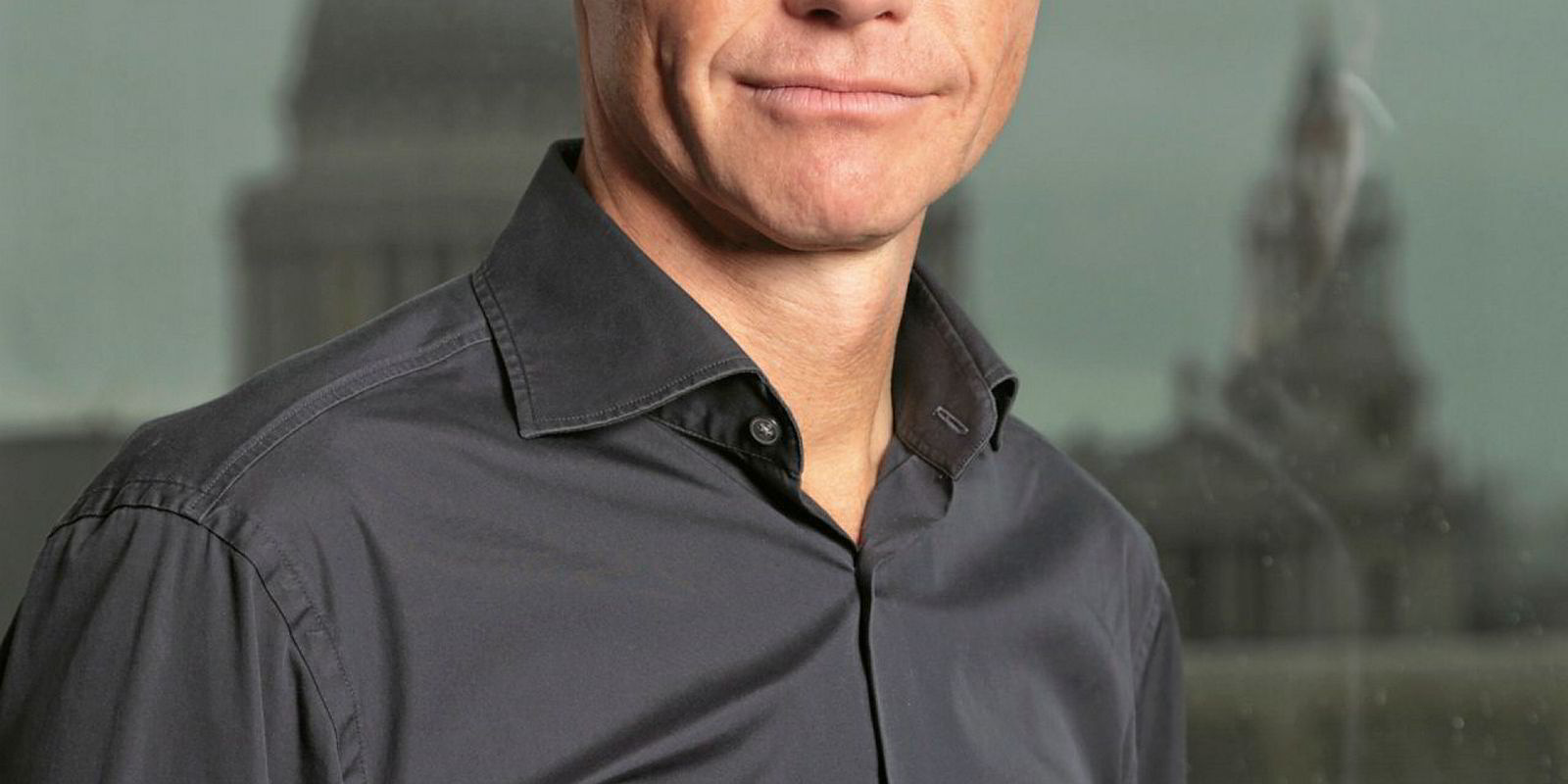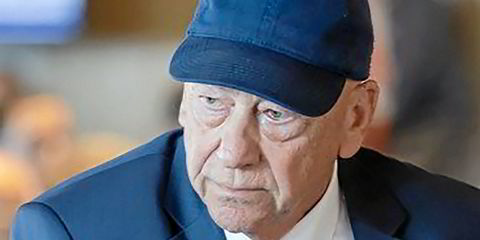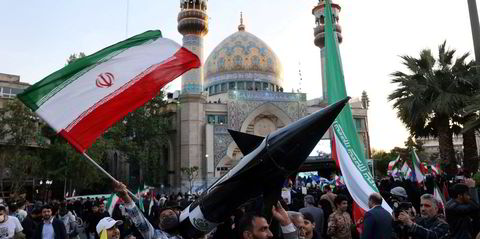Scott Borgerson bristled slightly when Marine Money’s Matt McCleery said that someone had once described the technology entrepreneur to him as the closest thing shipping had to Elon Musk.
“I don’t know how you’ll take that,” McCleery joked, fully aware of the long list of controversies that have surrounded the chief executive of Tesla.
“I’m no Elon Musk!” Borgerson shot back with a smile. “I try to be a little more humble.”
The imposing six-foot, five-inch (196cm) character, who is clearly not lacking in self-confidence, has not always claimed such humility.
A profile in Institutional Investor magazine in 2016 said that in unguarded moments, “he sees himself as the Steve Jobs or Elon Musk of portfolio management”.
More recently, Borgerson, 43, has endured probing of his own private life.
Public profile
In the past year, he has been a target of stories in tabloid and business media over his close friendship with Ghislaine Maxwell, a player in the scandal surrounding the disgraced late financier Jeffrey Epstein.
A high media profile is not something Borgerson has cultivated.
CargoMetrics largely flew under the radar from its founding in 2010 until 2016, as it built its reputation and won high-profile investors. Among those who put money into the company were Google’s Eric Schmidt, Lotus Development’s Jim Manzi, Citigroup’s Ed Morse and shipping billionaire Idan Ofer.
Yet it has remained true to its roots in the culture of privately funded technology start-ups, in talking up its products but giving little away about its business.
Borgerson’s own story began in rural Missouri, in a house “on a gravel road in the country”, as he puts it. His passion for the ocean was ignited at the US Coast Guard academy, in Connecticut, which led to the command of a USCG cutter.
After earning a master’s licence, he took a PhD at the Fletcher School of Law and Diplomacy at Tufts University — “for intellectual stimulation” — where he came across Martin Stopford’s seminal textbook, Maritime Economics.
That started a journey that led him to being the first fellow focused on shipping and oceans at the US Council on Foreign Relations, working with governments on policy.
His “eureka moment” on cargo flows and trade came on a ferry ride from Singapore to Malaysia, while working for the office of Singapore’s first prime minister, Lee Kuan Yew.
Looking at the view of “the greatest strait and anchorage on the planet”, the idea dawned: “Given my background in security and intelligence in shipping post 9/11 for the [US] government, I kind of had the light-bulb [moment] of, ‘Let’s measure global trade and freight from a commercial and economic point of view’.”
He reflected: “I had the hubris to quit a tenured professorship, mortgage my house and start a company.”
Raising funds for the nascent company was tough. Mortgaging “wasn’t a lot of money, and I did a friends-and-family round with my buddies, which was less money!”
The first venture capital was raised in the financial crisis — “which was a journey” — but he wanted the freedom beyond venture capital.
“So, we organised a syndicate of really extraordinary industry leaders ... which enabled me to take a much more holistic, strategic view to how we built the business.
Now, the company is entering a strategic phase where it is looking to build partnerships with others to bring scale to the business.
